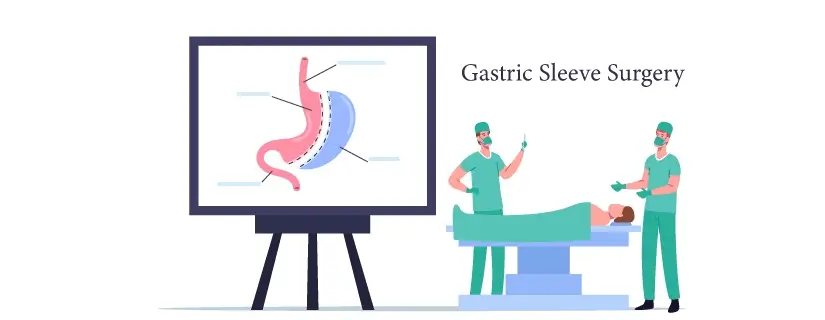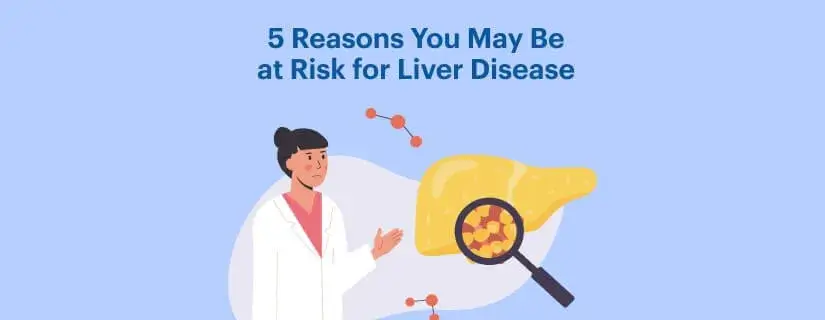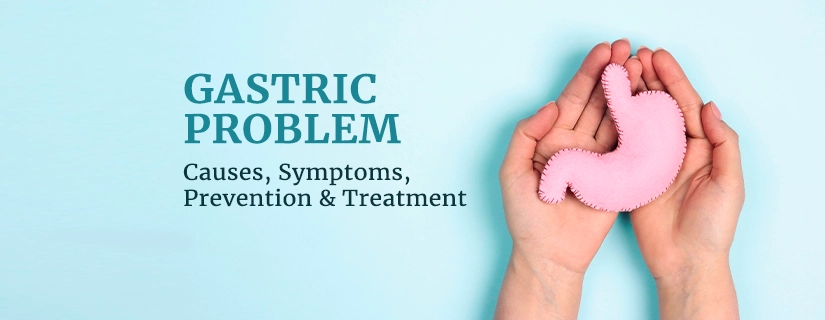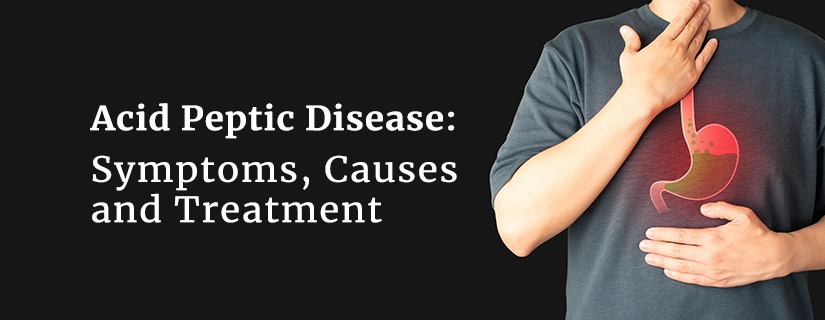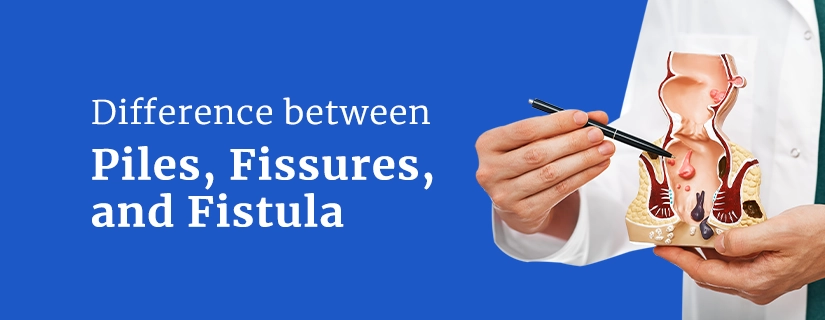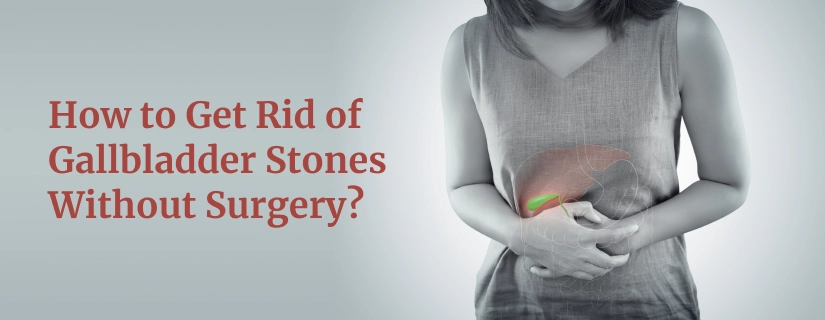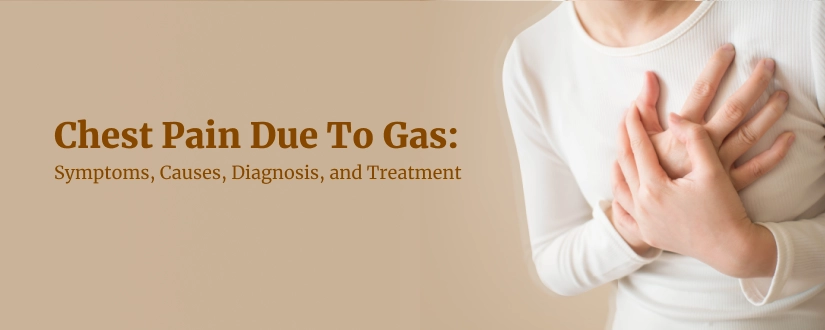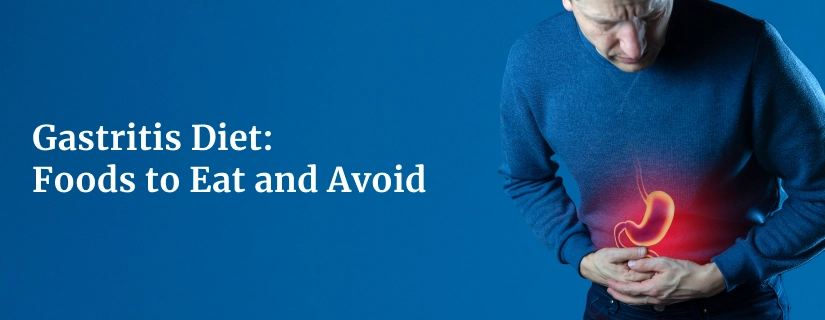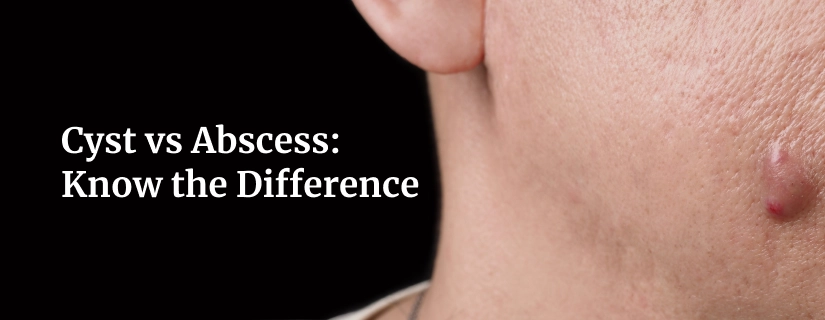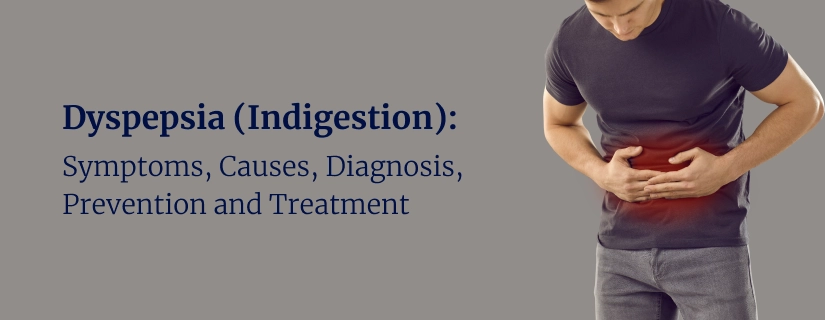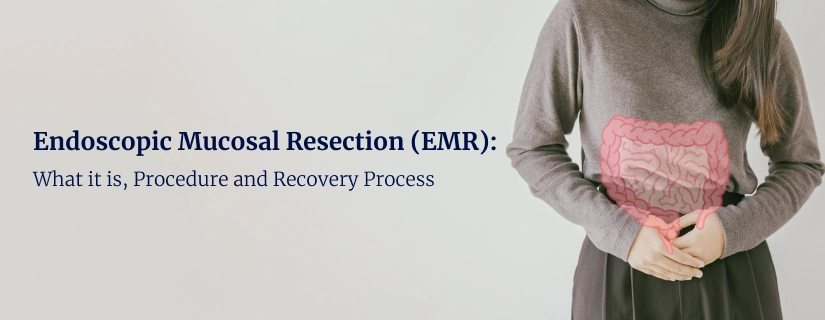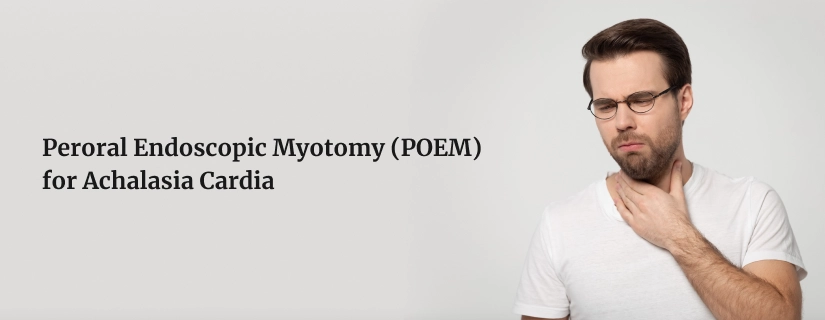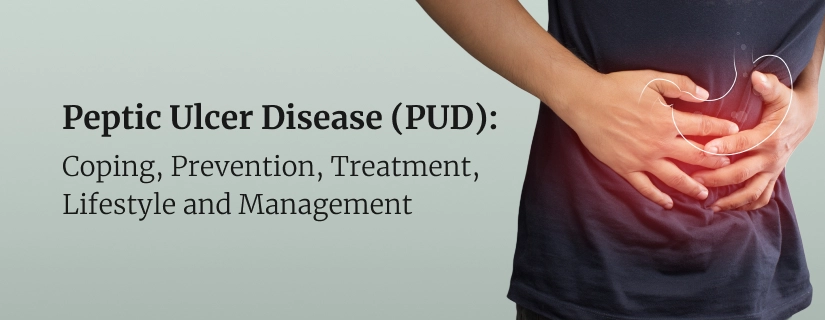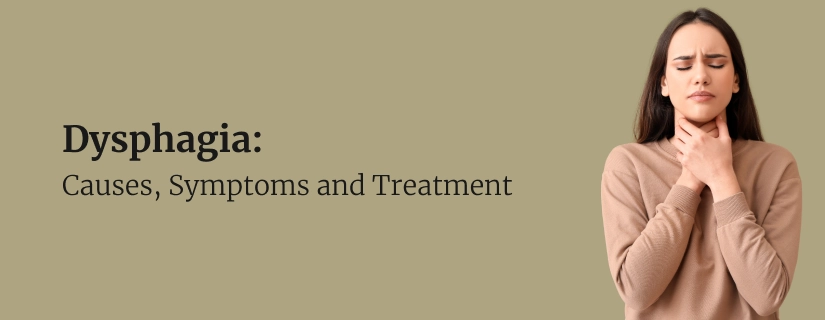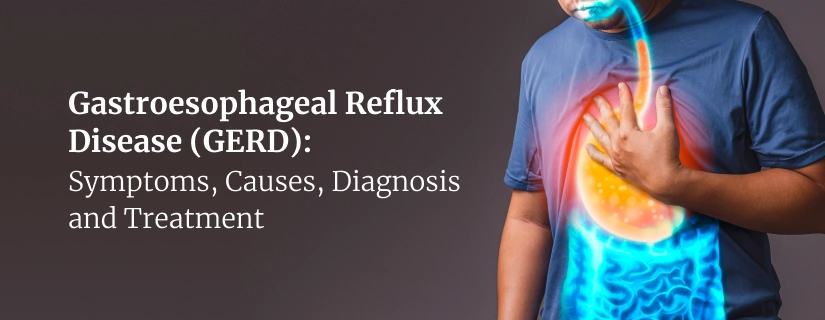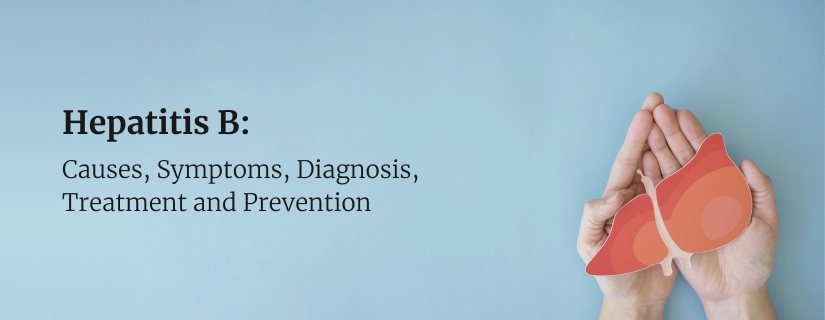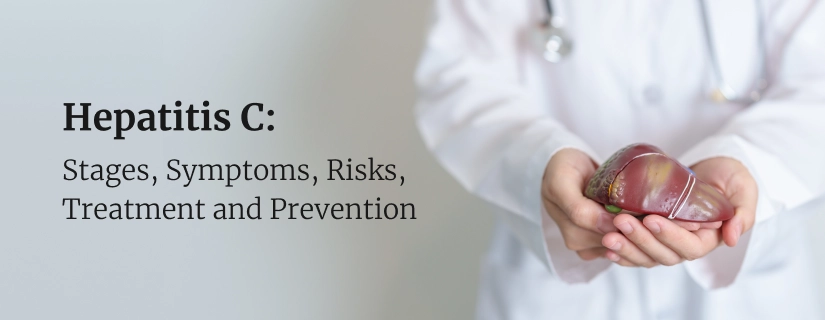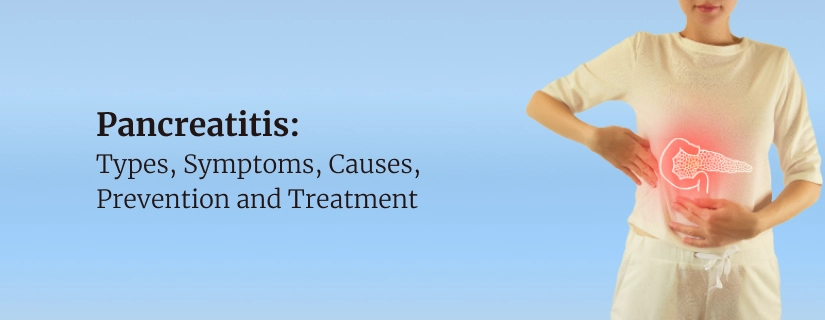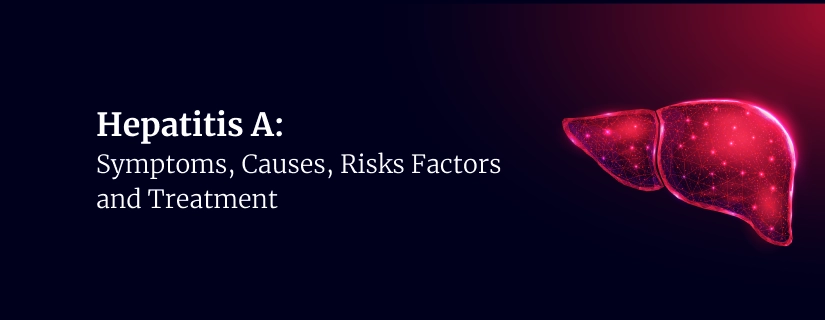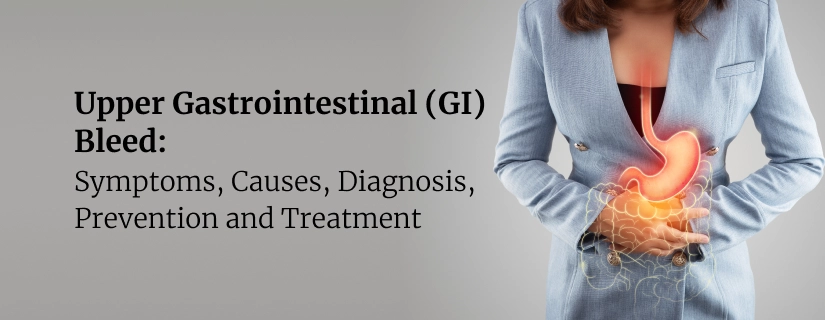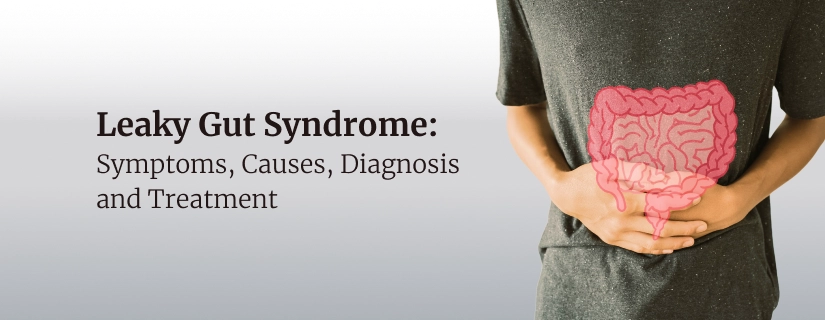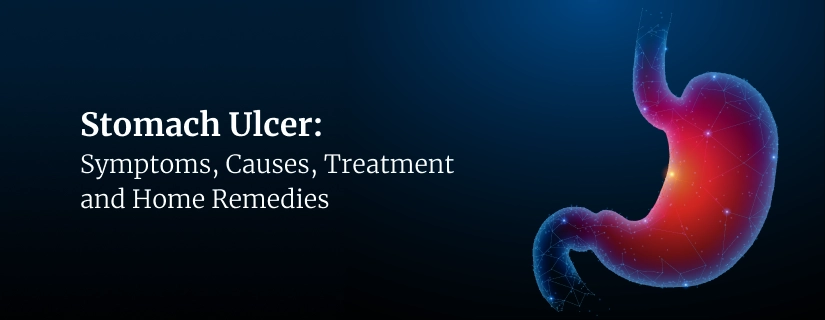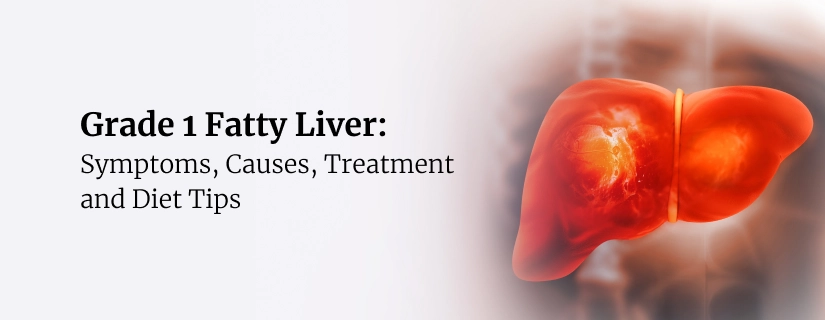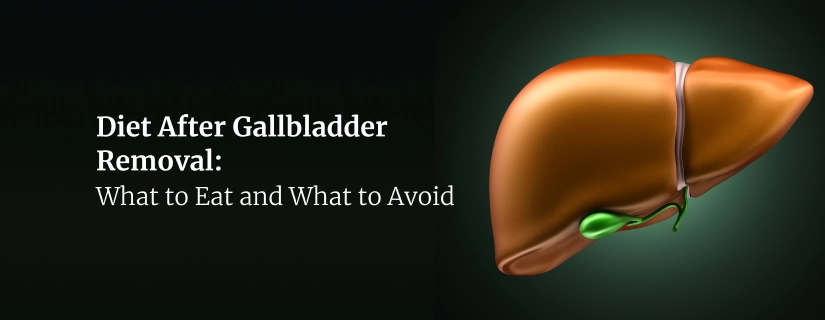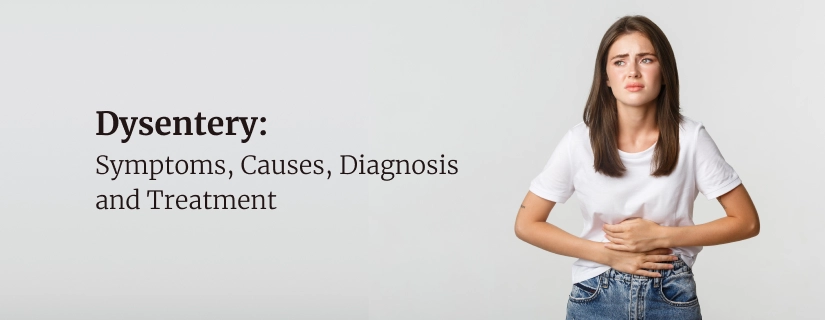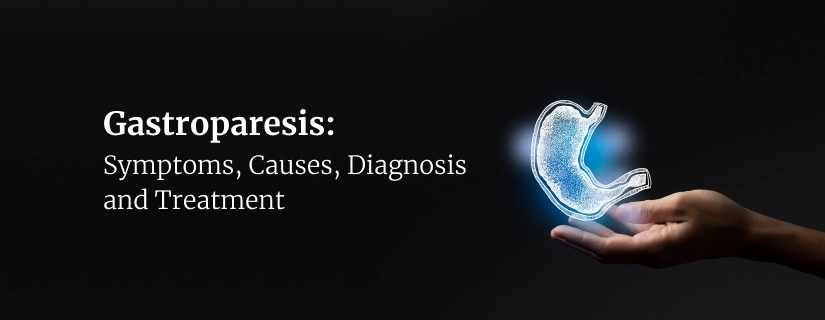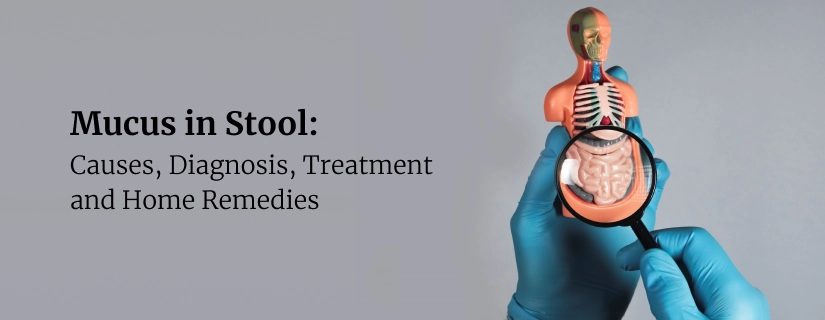-
Doctors
-
Specialities & Treatments
Centre of Excellence
Specialties
Treatments and Procedures
Hospitals & Directions HyderabadCARE Hospitals, Banjara Hills CARE Outpatient Centre, Banjara Hills CARE Hospitals, HITEC City CARE Hospitals, Nampally Gurunanak CARE Hospitals, Musheerabad CARE Hospitals Outpatient Centre, HITEC City CARE Hospitals, Malakpet
HyderabadCARE Hospitals, Banjara Hills CARE Outpatient Centre, Banjara Hills CARE Hospitals, HITEC City CARE Hospitals, Nampally Gurunanak CARE Hospitals, Musheerabad CARE Hospitals Outpatient Centre, HITEC City CARE Hospitals, Malakpet Raipur
Raipur
 Bhubaneswar
Bhubaneswar Visakhapatnam
Visakhapatnam
 Nagpur
Nagpur
 Indore
Indore
 Chh. Sambhajinagar
Chh. SambhajinagarClinics & Medical Centers
Book an AppointmentContact Us
Online Lab Reports
Book an Appointment
Consult Super-Specialist Doctors at CARE Hospitals
Alcoholic Liver Diseases: Signs, Symptoms and Treatment Options
Updated on 1 October 2019

Overconsumption of alcohol, over a period of time can result in alcoholic liver disease. It not only leads to liver damage but also the buildup of fats, inflammation, and scarring. The healthy liver tissues of a person are replaced with scarred liver tissues under the condition. Considered to be one of the major reasons for acute liver damage, alcohol abuse can also cause liver failure compelling a person to undergo liver transplant surgery. Liver damage due to alcohol usually occurs in three stages: Fatty liver, liver hepatitis, and liver cirrhosis.
Early Signs
The early signs are not very noticeable and affect a range of systems in the body. A person might feel unwell and might have:
- Nausea and vomiting
- Pain in the abdomen
- Reduced appetite
- Diarrhea
It is common to interpret early symptoms as effects of general malaise and stomach bug. Leaving the symptoms untreated can make the disease progress faster.
Alcoholic Liver Disease Symptoms
As the Alcoholic liver diseases progress further, the symptoms get more recognizable. The distinguishing symptoms of later-stage liver disease include:
- Swelling of the lower limbs(edema)
- Ascites or buildup of fluid in the abdomen
- Jaundice
- Fever and shivering
- Loss of weight
- Extremely itchy skin
- General weakness and wasting muscles
- Fingernails that curve excessively
- Blood in stools and vomit
- Bleeding and bruising easily
- Sensitive reaction to drugs and alcohol
In the presence of all these symptoms, visiting a doctor from the best liver care hospital becomes important.
Treatment Options for Alcoholic Liver Disease (ALD) Abstinence
The most important therapeutic intervention for people with alcoholic liver disease is complete abstinence from taking alcohol. It not only reduces the risk of further damage but also gives the liver a chance to recover. Completely refraining from drinking also helps improve the outcome and histological features of hepatic injury. This helps improve the survival rate at all stages of ALD.
- Nutritional Therapy
Another consequence of ALD is malnutrition. This is more prominent in patients in the second stage of alcoholic hepatitis. Protein-calorie malnutrition is more common in patients with ALD. No matter the stage, a hepatologist must be consulted and nutritional therapy must be started at the earliest. It helps alleviate the symptoms of alcoholic hepatitis and improve the condition.
- Medication (Pharmacological Therapy)
Symptoms and stages of the disease are carefully screened by the hepatologist. Depending on the stage, various drugs, and medications are prescribed which a patient must take religiously to improve the symptoms.
- Liver Transplant
When the condition gets severe, liver transplant surgery is the only treatment option left. The step is taken when the liver has completely stopped functioning and no improvement is witnessed even after the patient has stopped drinking. Complicated cirrhosis and body not responding to other types of treatments including medications are some other reasons that the patient might require to undergo liver transplant. A person must also lose weight and quit smoking since both are known to make alcoholic liver disease worse.

ENQUIRY FORM
SELECT CATEGORIES
-
Neurosciences (16)
-
Neurology (38)
-
Neurosurgery (14)
-
Orthopaedics (48)
-
Oncology (33)
-
Obstetrics and gynecology (52)
-
Pulmonology (23)
-
Urology (20)
-
Nephrology (13)
-
Psychiatry (7)
-
Dietetics and Nutrition (111)
-
General Medicine (63)
-
Cardiac Sciences (32)
-
Vascular & Endovascular Surgery and Interventional Radiology (15)
-
Gastroenterology (46)
-
Endocrinology (23)
-
Plastic Surgery (10)
-
Critical Care Medicine (5)
-
COVID-19 (16)
-
Dermatology (16)
-
Emergency Care (1)
-
Ophthalmology (4)
-
Pediatrics (14)
-
Laparoscopic and Bariatric Surgery (8)
-
ENT (15)
-
Kidney Transplant (1)
-
Liver Transplantation and Hepatobiliary Surgery (5)
-
General Surgery (3)
-
Internal Medicine (5)
-
Medicine Information
5 Best Foods that Detox or Cleanse Liver
YOU MAY ALSO LIKE
RECENT BLOGS
-

Rotablation Angioplasty: Benefits, Treatments, And Recovery Time
6 February 2026
Read More
-

What Is The Difference Between IUI and IVF?
6 February 2026
Read More
-
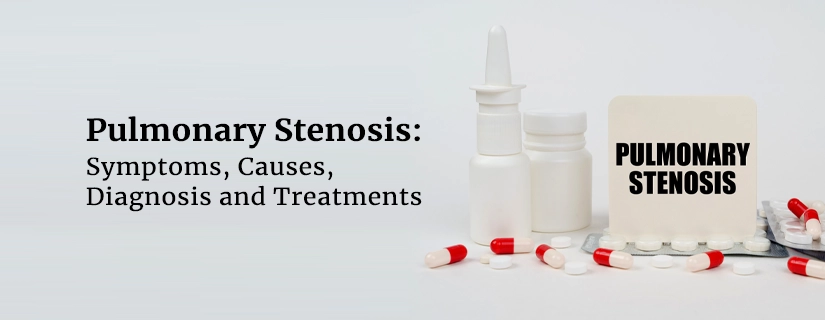
Pulmonary Stenosis: Symptoms, Causes, Diagnosis and Treatments
6 February 2026
Read More
-
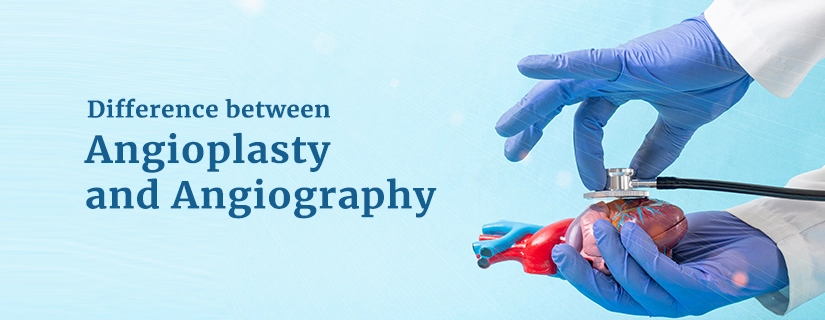
Difference between Angioplasty and Angiography
6 February 2026
Read More
-
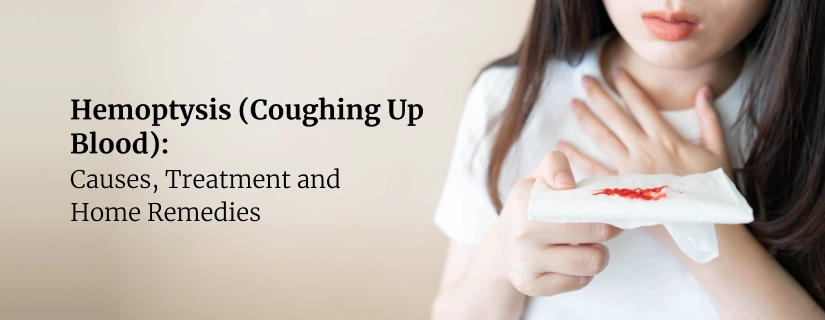
Hemoptysis (Coughing Up Blood): Causes, Treatment and Home Remedies
2 February 2026
Read More
-
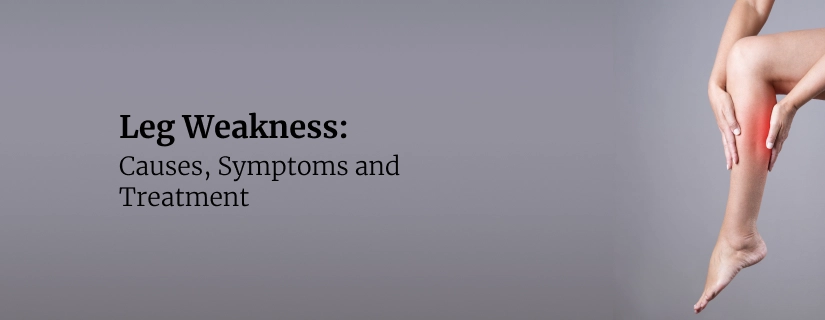
Leg Weakness: Causes, Symptoms and Treatment
9 January 2026
Read More
-

Back Pain After C-Section: Causes and Home Remedies
9 January 2026
Read More
-

Belly Button Pain (Periumbilical Pain): Causes, Treatment and When to See a Doctor
9 January 2026
Read More
Have a Question?
If you cannot find answers to your queries, please fill out the enquiry form or call the number below. We will contact you shortly.





